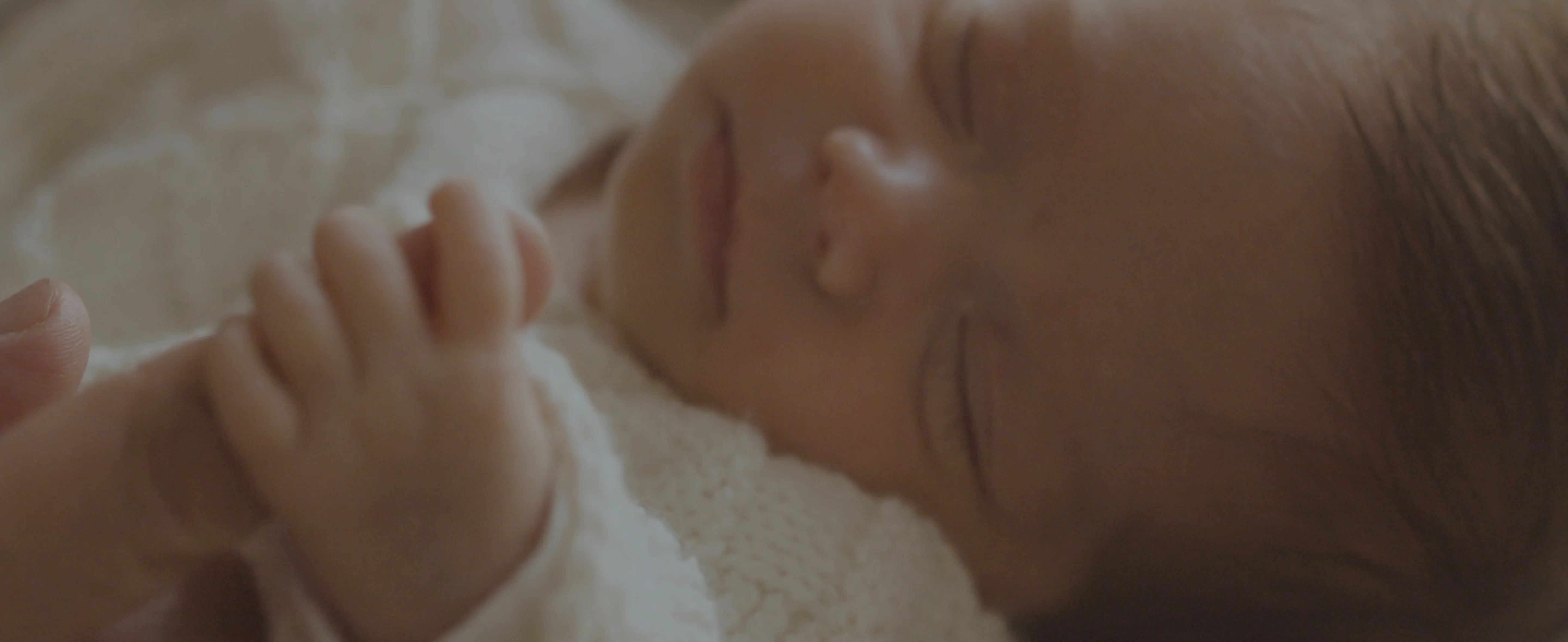Home›Infertility›Female Infertility›Pregnancy after Menopause
Pregnancy after Menopause
Menopause: causes, signs, and treatments for parenthood.
01
Definition
Menopause is the natural end of menstruation due to reduced ovarian hormones and egg release, marking the end of fertility.
02
Possible Reasons
Hormonal shifts, early menopause, genetics, or medical treatments can reduce ovarian reserves and hinder conception.
03
Symptoms & Impact
Pregnancy during menopause mimics menopause symptoms and increases risks for mother and baby.
04
Treatment Options
Oocyte Donation uses donor eggs with the husband’s sperm, providing a successful IVF solution for menopause-related infertility.
05
Emotional Challenges
Pregnancy after menopause can bring grief, anxiety, mood swings, identity challenges, and a strong need for support.
06
When to Seek Expert Help
Expert help after menopause is vital to assess fertility, manage risks, and ensure safe care.
Key Factors
Key Factors Enabling Pregnancy After Menopause
01
Oocyte (Egg) Donation
Healthy eggs donated by younger women are fertilized with the partner’s sperm and transferred into the uterus, making pregnancy achievable even after menopause.




Recognizing the Signs of Menopause
Common Symptoms Every Woman Should Know
Irregular or missed cycles signaling hormonal or health issues.
Reduced vaginal lubrication causing hormonal discomfort.
Weight gain and slowed metabolism
Recommended Next Steps After Treatment Failures
1 / 3
Reassessing your journey helps uncover new possibilities for success.
01
Analyze what worked well and what challenges were faced in earlier cycles.
02
Assess hormonal balance, uterine health, and overall wellness to identify gaps.
03
Consider advanced tests (genetic, endometrial receptivity, etc.) for deeper insights.
04
Tailor medication protocols or stimulation methods based on findings.



Real Stories. Real Miracles.
Inspiring stories of strength & Victories
Loading...

